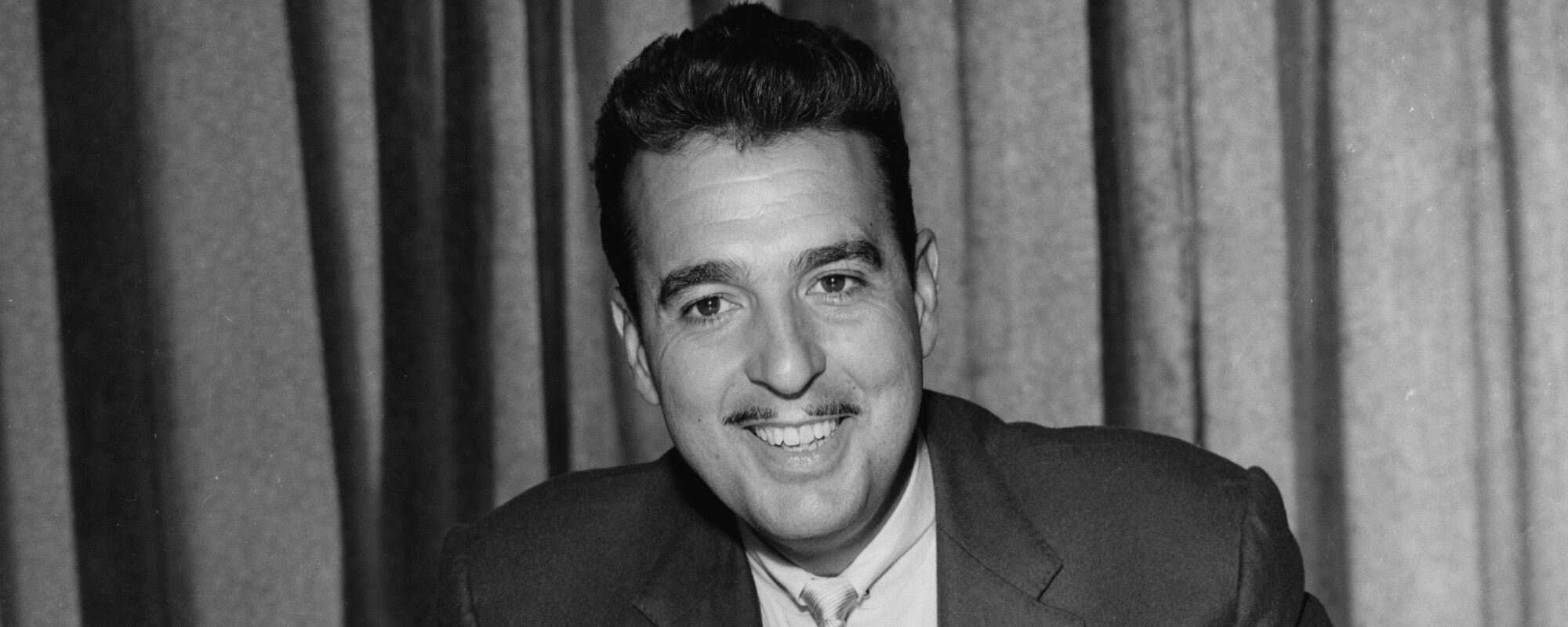Brandi Carlile‘s Returning To Myself happened, essentially, by accident. What started as a poem later evolved into a song, which then stumbled onto a full-length project. A single moment of reflection became a redefining work. After spending the last several years working to bolster other artists, Carlile has taken the time to discover what making music for herself sounds like again. The sound she found is an entirely new and deeply compelling tone for Carlile.
Videos by American Songwriter
Carlile wrote the source poem for the title track shortly after wrapping up the final “Joni Jam,” a career rebirth for Joni Mitchell that she helped facilitate. The end of that project underscored something greater: an overarching sense that she’d reached a career precipice—a point at which it was easier to reflect than project forward. Reflection became the grounding principle for this album as a whole.
Brandi Carlile’s Returning To Myself
Returning To Myself is 10 songs worth of universally human stories told in a way that makes us stop and listen with new ears. When Carlile sings about finding herself or peace amid a world hellbent on throwing us off kilter, listeners feel both kinship and mentorship. Through telling authentic stories, Carlile helps us put our lives into perspective. As she sings on “Human,” Let the bitterness die, fall in time to the beat / When you look in the eyes of the strangers you meet.
Despite their universality, these songs are intimately Carlile’s. She’s spoken about just how deep she dug for “Anniversary,” which sees her swap her typical belt for hushed tones and raw emotion—but that excavation seems to run throughout the record. Another stunning moment of candor is “No One Knows Us,” in which she sings the gripping line, “Isn’t it hilarious to live in fear?“
Though this album is Carlile as seen through her own eyes, she had an impressive roster of collaborators who helped bring her vision to life. Andrew Watt, Aaron Dessner (The National), and Justin Vernon (Bon Iver) were among the names that lent their talents to Returning To Myself. This diverse team brought out a musicality in Carlile that fans haven’t yet heard. There are moments of synth rock and even songs that could be construed as pop. The grounding factor of this album, though it is undoubtedly an evolution, is Carlile’s soul-touching voice and signature lyricism.
For fans of Carlile’s more upbeat songs, she doesn’t disappoint on this record. Though many of the tracks see her utilize a different approach, “Church & State” has the caustic energy we’ve come to know and love from the country icon.
Other highpoints include her tribute to her time with Mitchell, “Joni,” and the contemplative “A War With Time.” Both of these songs broaden the scope of this record, giving it even more appeal than it already has.
Carlile didn’t have an overarching goal when she made this record, and yet she walked away with something that seems completely focused. Though she may not have thought she was ready to turn her experiences into sound yet, there was clearly some creative energy in need of being released—as evidenced by this visceral and imaginative album.
Credit: Collier Schorr/Sacks & Co.









Leave a Reply
Only members can comment. Become a member. Already a member? Log in.